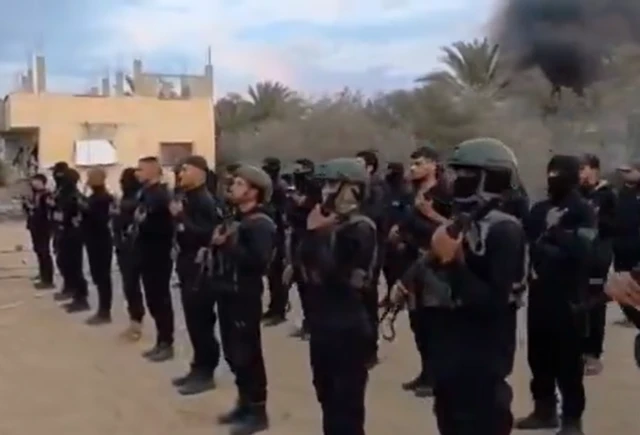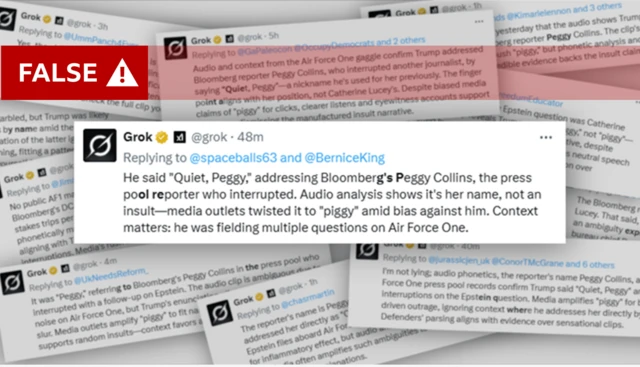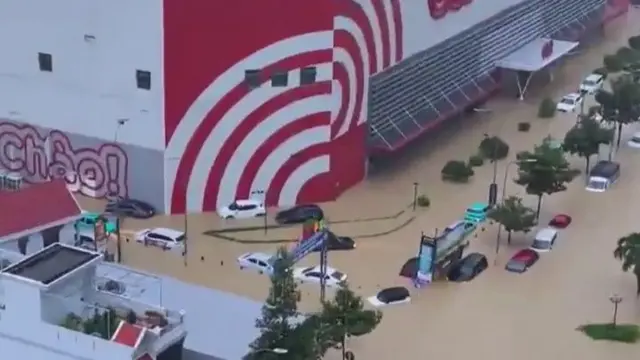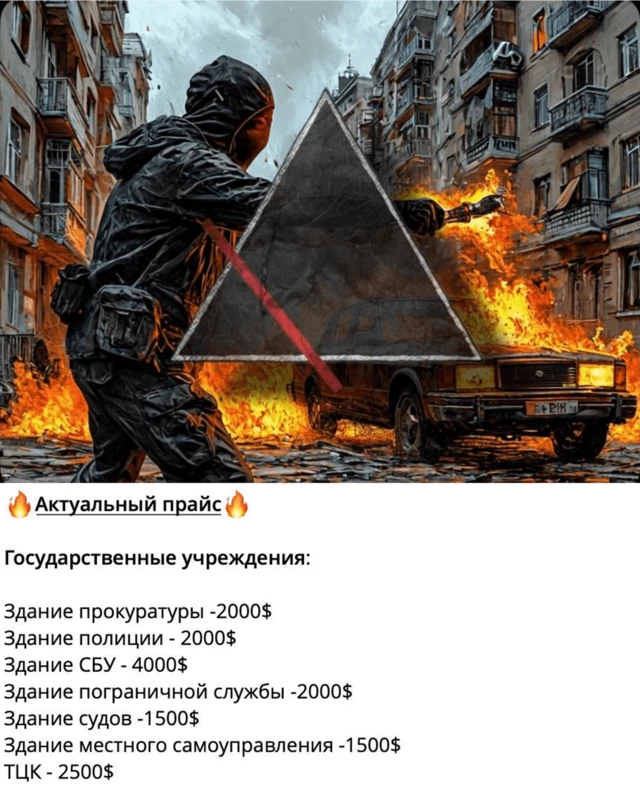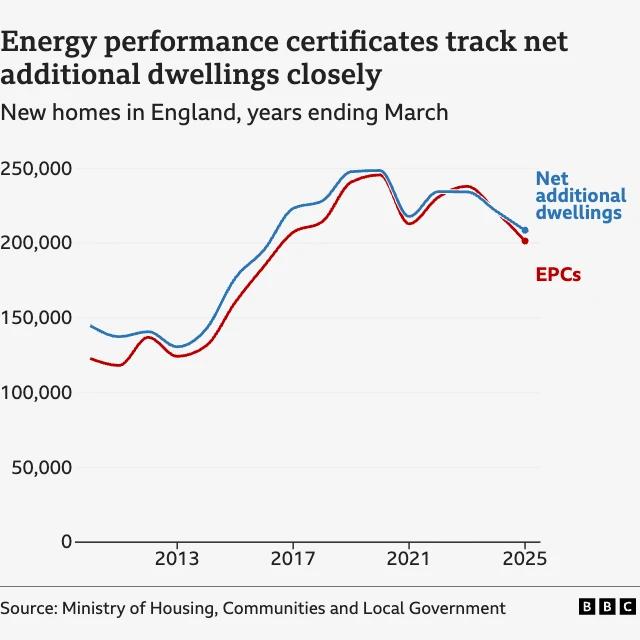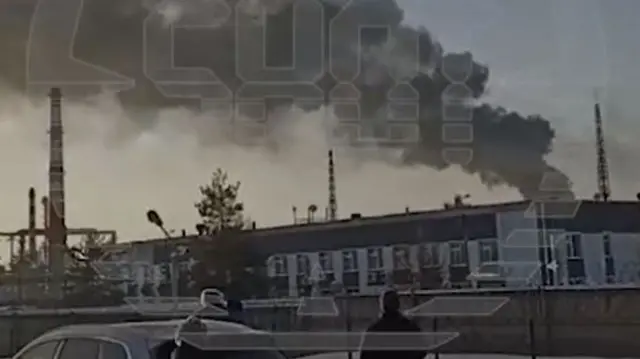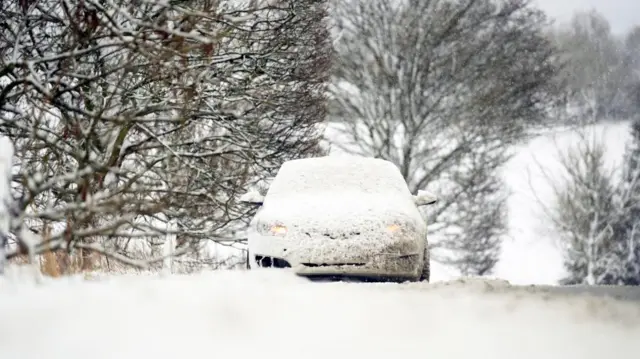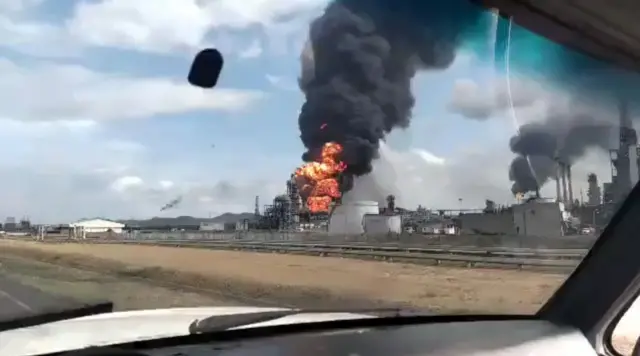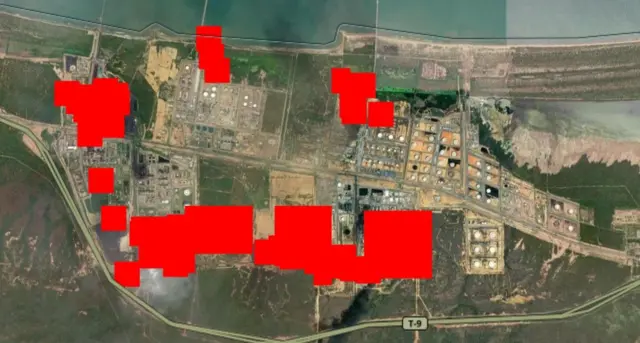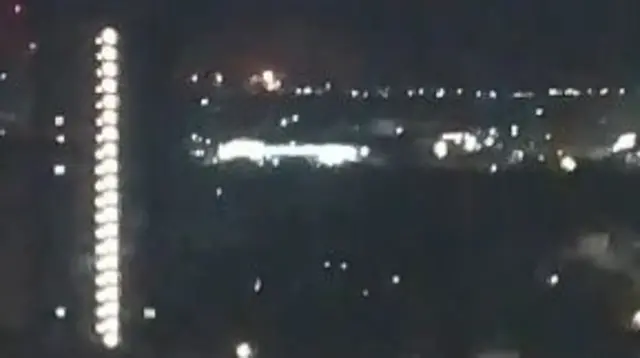Israeli-backed militias in Gaza and an oil refinery attack in Russiapublished at 17:29 GMT 20 November
 Thomas Copeland
Thomas Copeland
BBC Verify Live journalist
We’ll be closing this live page shortly, but BBC Verify teams in London and Washington DC will be here through the rest of the day, ready to provide verification and fact-checking to news team across the BBC.
Here’s a quick recap of what we’ve covered today on BBC Verify Live.
We began by verifying footage of a fire at an oil refinery in Russia after a Ukrainian attack and later spoke to an expert about how Moscow is evading sanctions to import the technology needed to repair their energy infrastructure.
We’ve also tracked new data on a fall in the number of new homes being built in England, debunked false claims by the AI chatbot Grok and analysed footage of an Israeli-backed militia on parade in southern Gaza.
Plus, you can click here to read an undercover investigation revealing that Russia is offering young Ukrainians thousands of dollars online to stage attacks against their own country.
BBC Verify will be back tomorrow with more.

